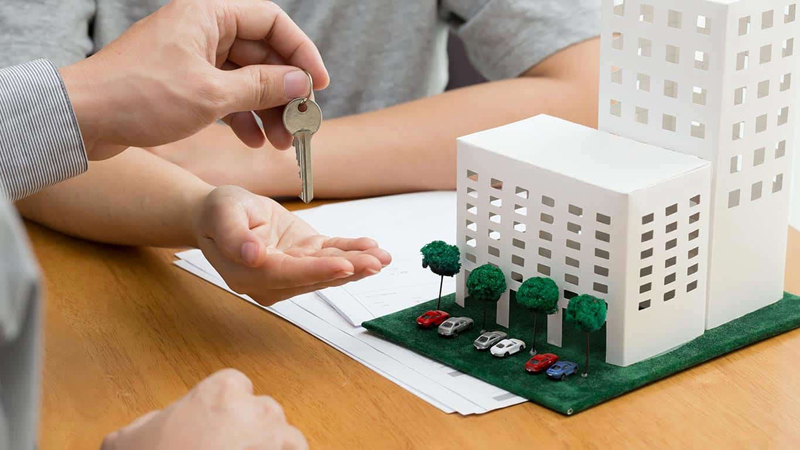 |
| © Joe Pye |
By Deb Hipp, Debt.com
Whether you’re thinking about buying a condominium to downsize due to the COVID-19 pandemic, looking for a retirement condo or just prefer a property without the lawn care and maintenance associated with a house, buying a condo could be an affordable option.
In many ways, however, buying a condo isn’t like buying a house, and if you don’t perform your due diligence, you can make some costly mistakes.
While a condominium purchase also typically requires obtaining a mortgage loan, making sure there are no liens on the property and obtaining insurance, you’ll need to also check into some condo-specific factors that could cost you money – and emotional sanity – once you move in.
1. You will be part of a community
Unlike a homeowner in a residential neighborhood, you can’t get off with an occasional nod to your neighbors as you mind your own business.
When you buy a condo, you become part of the condo community, sharing ownership – and financial responsibility for your condo building – with your neighbors. Unlike when you own a house, you won’t be the only deciding on renovations, updates and repairs to your condo and condo community.
Read more: 5 Tips to Increase Your Home’s Value
2. You must pay HOA dues
When you buy a condo, you must factor in the expense of monthly homeowner’s association (HOA) dues, which can run anywhere from $150 to hundreds of dollars per month.
You may get to vote at condo board meetings on how those dues are spent, but that doesn’t mean you’ll like the amenities, upgrades and renovations paid for with your HOA dues.
3. Make sure the reserve fund is enough
A portion of your HOA dues go towards grounds maintenance, but another portion goes into what’s known as the condominium community’s “reserve fund,” which pays for large expenses such as major repairs like a new roof on your building, for example.
Before you buy, request a copy of the condo association’s reserve fund to make sure the fund has enough funds to cover upcoming repairs and other expenditures. If the association has less than a minimum of 10% of the capital budget, you could get stuck later with thousands of dollars in surprise “special assessments” levied by the condo association to pay for repairs and upgrades.
4. Take a look at the condo community budget
It’s a good idea before purchasing a condo to ask the seller for copies of the last two years’ condo association budgets. That way, you can get an idea of the cost of repairs and whether the condo community HOA dues have steadily increased over time.
Be on the lookout for red flags such as large assessments levied on condo owners or high legal fees that could indicate past, current or pending litigation.
5. Find out the master insurance deductible
You’ll need to purchase condo insurance for your own unit, but the condo association also has a “master insurance policy” that covers your building from the unit’s walls out. So, if there is a claim that exceeds the deductible, you and other condo owners in your building will have to pitch in to pay.
For example, if the deductible is $10,000 and a claim exceeds that amount, every owner in the building must pay a portion of the excess over the deductible amount.
6. Review the condo board minutes
You’ll be dealing with the condo board regularly, so it makes sense to get a feel for their personalities and decision-making before you commit to such a large purchase. One way to do that is to request the minutes from the last couple years of board meetings.
By reviewing minutes, you may find out there is infighting among board members, a power-hungry president, recurring problems or an ongoing drain of reserve funds. You could also learn of past or present litigation, along with any previous or pending special assessments.
7. Make sure the condo is warrantable
A condo that is “warrantable” means that the condo meets requirements for Fannie Mae, Freddie Mac or VA financing. If the condo isn’t warrantable, you may run into difficulty obtaining a mortgage loan or have to pay a higher interest rate.
8. Know the investor-owned ratio
How many renters are in the condo community may not seem to matter, but it should. A high ratio of investor-owned properties could hinder the next buyer’s efforts to securitize a mortgage with certain lenders if you decide to sell your condo later.
Read more: Before Buying a Condo, Consider These Things
For example, Fannie Mae won’t purchase or securitize mortgages secured by units in condo communities with 21 or more units where a single investor, corporation, partnership or investor group owns 20% of the units. Freddie Mac won’t purchase mortgages from communities of 21 units or more if 25% of units are owned by an individual or single entity.























